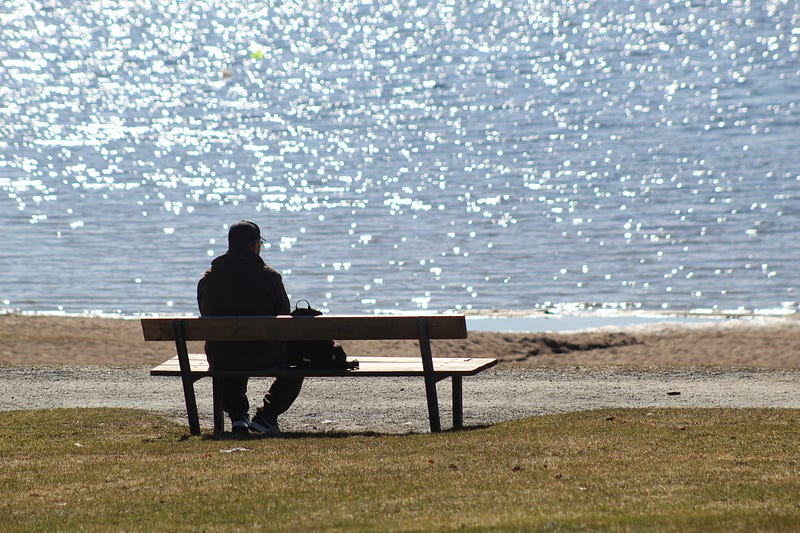Empowering Strategies for Achieving Sobriety: 10 Essential Tools
Written on
Strategies for Quitting Alcohol
After decades of drinking, I managed to quit and have no intention of returning to that lifestyle. Here, I will share several strategies that aided me in achieving freedom from alcohol.
Let’s get straight to the essentials:
- Books by Sobriety Authors
- Annie Grace's "This Naked Mind": This book provided me with valuable insights that helped me contemplate my readiness to quit drinking. It’s not just a one-time read, but it certainly planted the seed for change.
- Allen Carr's "Stop Drinking Now": Carr emphasizes that while we know alcohol is harmful, it often controls us instead of the other way around.
- Jason Vale's "Kick the Drink Easily": One of the most memorable pieces of advice from this book was to celebrate my last night of drinking, which I truly enjoyed.
Although I faced several setbacks, these books played a crucial role in my eventual success in quitting.

Health and Fitness Literature
Getting serious about my health was an immediate change after quitting. The lethargy from drinking had negatively affected my workouts. Two books that motivated me were:
- "Younger Next Year for Women" by Chris Crowley and Henry S. Lodge, M.D.: This book blends humor with life-changing advice.
- "Becoming Ageless" by Strauss Zelnick: A second reading reinforced my commitment to fitness and highlighted the importance of exercise in maintaining sobriety.
Alcoholics Anonymous (AA)
AA is a well-known support system for those seeking sobriety. While I did not participate, many have found it invaluable.
SMART Recovery
Unlike AA, SMART Recovery focuses on practical strategies for recovery without a religious component. I found the meetings supportive and helpful.
Meditation and Mindfulness
Practicing meditation and mindfulness has helped me reduce stress, which is often a trigger for drinking. These practices encourage focus on the present moment, promoting tranquility.

Prayer
Prayer can be a personal practice, not limited to religious contexts. It serves as a means to seek help in overcoming addiction.
Outpatient Treatment
Outpatient programs are widely available and typically cater to those with milder alcohol issues, allowing individuals to continue their daily responsibilities while receiving support.
Inpatient Treatment
Inpatient facilities provide comprehensive support through group therapy and individual counseling, helping individuals understand their addiction.
Sober Websites and Blogs
Numerous online resources offer stories of triumph and support. Some of my go-to sites include Soberistas and We Are The Luckiest.
Exercise
For me, exercise is more than a physical activity; it’s a stress reliever and a significant factor in my sobriety. Regular workouts boost my mood and reinforce my commitment to staying sober.
If you're on a path to quitting drinking, remember, you're not alone. There’s a growing movement towards healthier, alcohol-free living. Explore these resources, and you're likely to find the support you need to succeed.
For additional assistance, reach out to SAMHSA (Substance Abuse and Mental Health Service Administration) at 1–800–662-HELP (4357).
In the video titled "9 Tools You Need If You Want to Stay Sober from Alcohol," viewers can learn about various strategies and tools that contribute to successful sobriety.
The second video, "5 Simple Tools For Successful Sobriety," provides practical tips to maintain your sobriety journey effectively.